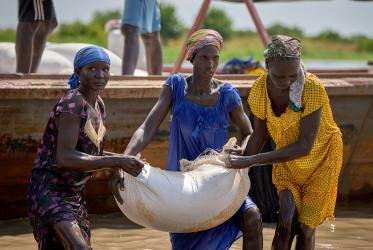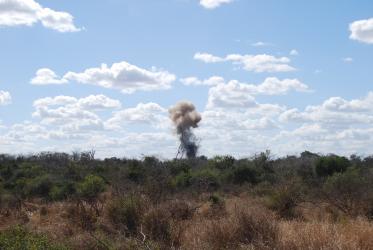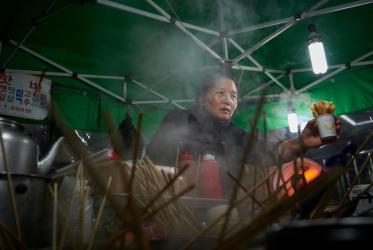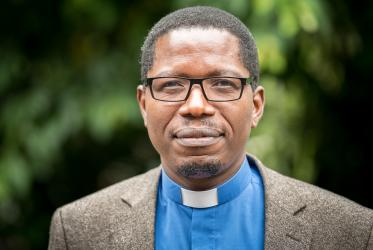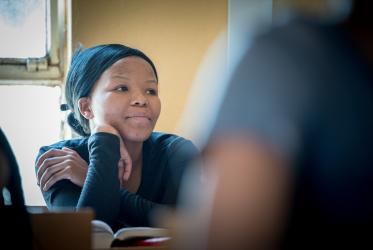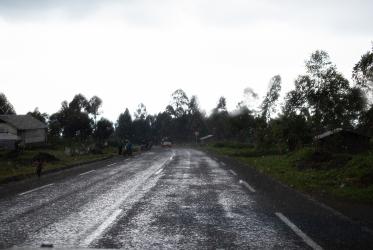Displaying 41 - 60 of 191
Protecting Ethiopia’s church forests
27 October 2021
Climate crisis fuels existing water injustice
27 October 2021
Calls grow globally for peace and accountability in South Sudan
24 September 2021
South Sudanese Churches shelter populations displaced by floods
23 September 2021
Churches offer some relief in Kenya’s drought disaster
16 September 2021
How will Africa go to the assembly?
25 June 2021
African Churches mark International Women’s Day
09 March 2021
WCC condemns attack on UN convoy in Democratic Republic of Congo
23 February 2021
WCC sends letters of concern over violence and conflict in Ethiopia
04 February 2021

